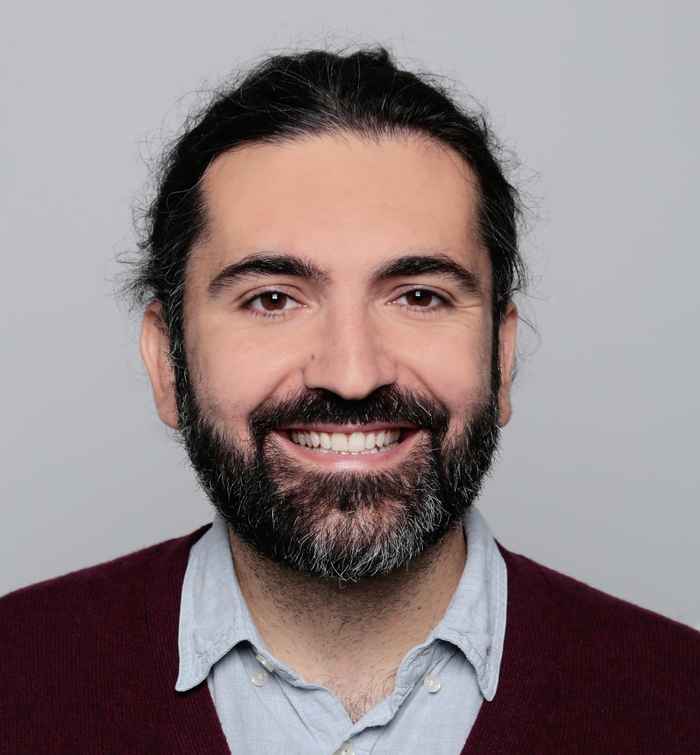Interview with N-EXTLAW Researcher Vladimir Bogoeski
19 May 2021
You recently joined the ERC-funded N-EXTLAW project as a postdoctoral researcher. What is the project about and what are you going to be studying in the next few years?
N-EXTLAW stands for “Law as a vehicle for social change: Mainstreaming non-extractive economic practices”. It is a five-year ERC funded project that started in January 2021. The project is led by Professor Marija Bartl and hosted by the Amsterdam Centre for Transformative Private Law (ACT). Aside from myself as a postdoc and Marija as a PI (Principle Investigator), Nena van der Horst (PhD Researcher) and Kinanya Pijl (Assistant Professor) are part of the project’s team. We are also currently working with five student researchers from different master programmes at the law school, who joined the project through the Academic Excellence Track (AcET).
The starting point for the N-EXTLAW project is the social and environmental devastation caused by the current economic model based on endless growth and extraction. Recognizing the role of law –and private law in particular– in the attainment of the present economic model, N-EXTLAW seeks to explore how private law can be re-imagined in order to sustain non-extractive visions of economy. As a point of departure, we are taking existing economic practices that, by way of exception, already embody the values of a non-extractive economy. By ‘non-extractive’ we mean economic practices that are generative – rather than depleting – of the very resources on which they depend, be they environmental (e.g. substances, environment) or social (e.g. labour, localities, communities of users). The aim of this project is thus to rethink private law as a vehicle of social change, answering the question: how can law support the proliferation of non-extractive economic practices – and make socio-ecological transformation a politically viable prospect?
